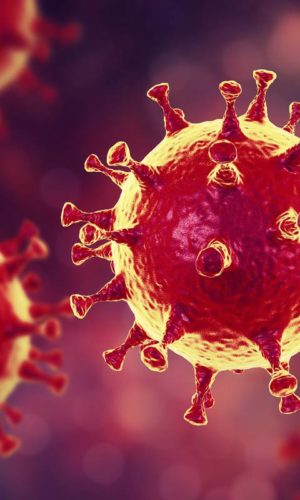Are Heated Tobacco Products a Pragmatic Middle Ground for Recalcitrant Smokers? - Revisiting the Problem in the Context of the Current Pandemic
Author(s): Rafael R. Castillo, Marie A. Barrientos-Regala, Ma. Joan Dymphna Reaño, Reginald Arimado
Recalcitrant smokers managed for their cardiovascular problems pose a serious challenge to practicing physicians in their efforts to effectively reduce cardiovascular and overall health risk in these patients. This problem has been magnified during the current pandemic, when the already increased health risk of active smokers is aggravated further in the event that they develop coronavirus disease 2019 (COVID-19). Active smoking increases the risk of developing severe COVID-19 by around two folds, and those with chronic obstructive pulmonary disease (COPD)—which many recalcitrant smokers are likely to have already—have a fourfold increase in risk translating to much poorer clinical outcomes. This is aggravated by the delay in diagnosis since the symptomatology in COPD with acute exacerbation and COVID-19 may significantly overlap.
This predicament with recalcitrant smokers during this pandemic has prompted us to reconsider our previous policy to give up on them after six months of making them quit smoking totally. The current pandemic highlighted the need to explore alternatives that could at least mitigate the cardiovascular and COVID-19 risk of recalcitrant smokers. Based on the potential to reduce health risk and also on patient feedback, we have allowed the use of heated tobacco products (HTPs) in our recalcitrant smokers who really could not attain total smoking cessation despite all known smoking cessation measures. Quite different from electronic cigarettes, HTPs produce aerosols, still containing nicotine, using a batterypowered heating system device. Based on studies, the amount of toxic substances a smoker gets is up to 95 percent less, compared to traditional tobacco smoking. Though HTPs may be considered a pragmatic middle ground for recalcitrant smokers, there is still some degree of addiction; hence, legislative and regulatory control measures are imperative, so as to prevent the youth and nonsmokers to


 Impact Factor: * 5.6
Impact Factor: * 5.6 Acceptance Rate: 74.36%
Acceptance Rate: 74.36%  Time to first decision: 10.4 days
Time to first decision: 10.4 days  Time from article received to acceptance: 2-3 weeks
Time from article received to acceptance: 2-3 weeks 